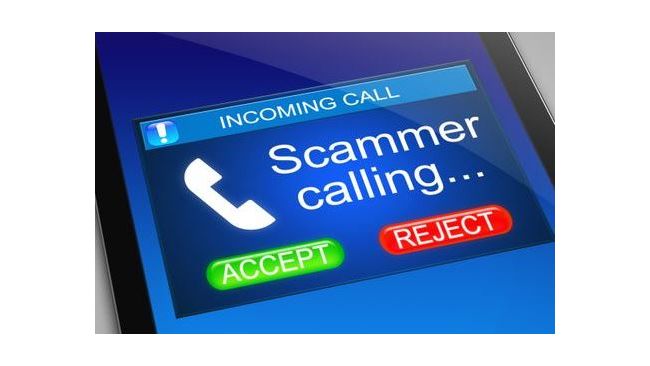
Utility bill payment scams are on the rise in the US as fraudsters take aim at electric and natural gas customers throughout the country.
The con artists, posing as utility company representatives, give a customer an account number and instruct them to pay their bill through that account.
These imposters typically target customers online, in-person and by telephone. In Florida alone, more than 4,500 Floridians have already sent online payments to such an account.
PG&E (the Pacific Gas and Electric Company) is taking a stand against scammers by joining its fellow electric, natural gas, water utilities and Utilities United Against Scams (UUAS) in helping customers recognise potential bad actors during Utility Scam Awareness Week from November 16-23, 2020.
UUAS, a consortium of more than 145 U.S. and Canadian electric, water, and natural gas utilities and their respective trade associations, continues to create awareness of common scams and new scam tactics being used during the Covid-19 pandemic.
Through its work, UUAS has succeeded in taking nearly 9,500 toll-free numbers used by scammers against utility customers out of operation.
The tricksters are always adapting their approach
Laurie Giammona, PG&E’s chief customer officer, said:
“Scammers are constantly changing their tactics and tricks, so awareness is more important than ever to keep our customers safe.
“If an email, visit to your home or phone call doesn’t feel right, don’t fall for it. Delete it, shut the door, or hang up. And, as a reminder, PG&E will never ask for your financial information over the phone or via email.”
Throughout the Covid-19 pandemic, scammers have increased calls, texts, emails, and in-person tactics and are constantly contacting utility customers asking for immediate payment to avoid service disconnection.
As a reminder, PG&E will never contact a customer for the first time within one hour of a service disconnection, and will never ask customers to make payments with a pre-paid debit card, gift card, any form of cryptocurrency, or third-party digital payment mobile applications.
Covid is a golden opportunity for fraudsters
UUAS Founder and Executive Committee Chairman Jared Lawrence, said:
“It is no surprise that scammers have been trying to take advantage of the anxiety of people coping with the pandemic.
“I am proud to report that UUAS’ education efforts and utilities’ well-publicized practices have prevented a large increase in victims. However, the continuing attempts by these criminals make it clear that we must continue to work to protect our customers.”
Scammers can be convincing and often target those who are most vulnerable, including senior citizens and low-income communities.
Signs of a potential scam
- Threat to disconnect: Scammers may aggressively demand immediate payment for an alleged past due bill.
- Request for immediate payment: Scammers may instruct the customer to purchase a prepaid card then call them back supposedly to make a bill payment.
- Request for prepaid card: When the customer calls back, the caller asks the customer for the prepaid card’s number, which grants the scammer instant access to the card’s funds.
- Refund or rebate offers:Scammers may say that your utility company overbilled you and owes you a refund, or that you are entitled to a rebate.







